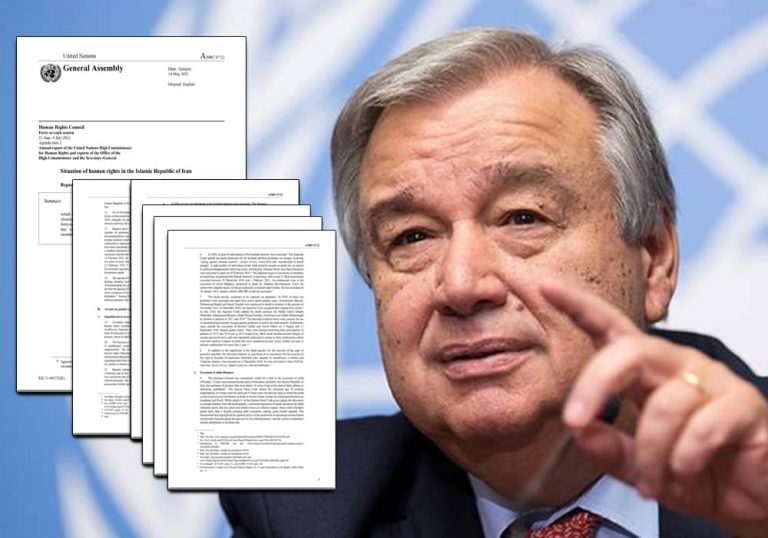
A report by United Nations Secretary-General Antonio Guterres in May drew increased attention to Iran’s terrible human rights condition. The absence of accountability for such a brutal crackdown on nonviolent protesters in November 2019 was described in the study as “emblematic” of the crisis.
Ebrahim Raisi had been in charge of the regime’s judiciary for roughly eight months at the time of the crackdown, appointed to the role by the regime’s Supreme Leader Ali Khamenei. His appointment is part of Khamenei’s drive to solidify power and institutionalize a brutal genuine response to the rise of organized resistance to the theocratic rule.
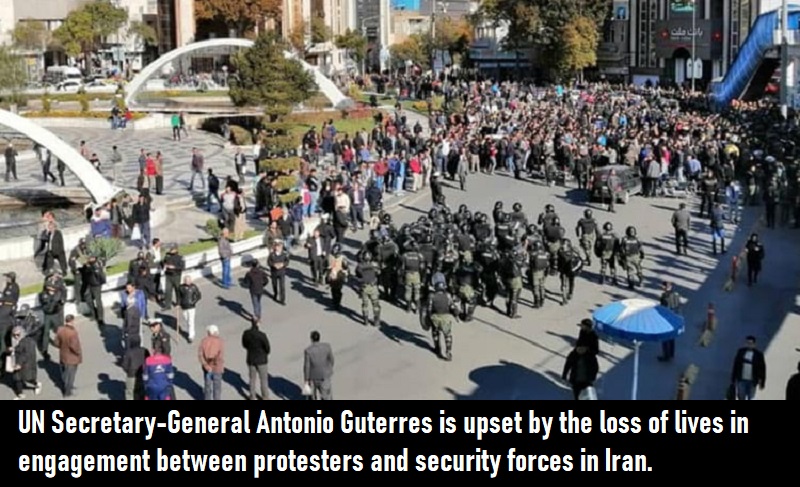
Since the regime’s foundation, the People’s Mujahedin of Iran (PMOI / MEK Iran), has been the main challenge to the mullahs’ hold on power.
Raisi was a key player in the Tehran-based “death commission” in 1988, which oversaw the mass execution of 30,000 MEK members and other political prisoners.

As the head of the judiciary, he played a significant role in the repression of a widespread uprising in 2019, which revived public support for regime change after the January 2018 protests.
The regime’s response to the second rebellion, which spanned around 200 towns and cities, was severe and decisive. In a few days, they ordered the shooting and murder of 1,500 people, as well as the detention of 12,000 others. This resulted in more imprisonment and torture. Reuters confirmed in a special report on December 23, 2019, about the deadly crackdown on November nationwide protests in Iran the death toll of 1500 that was announced by the People’s Mojahedin Organization of Iran (MEK Iran / PMOI) on December 15, 2019.
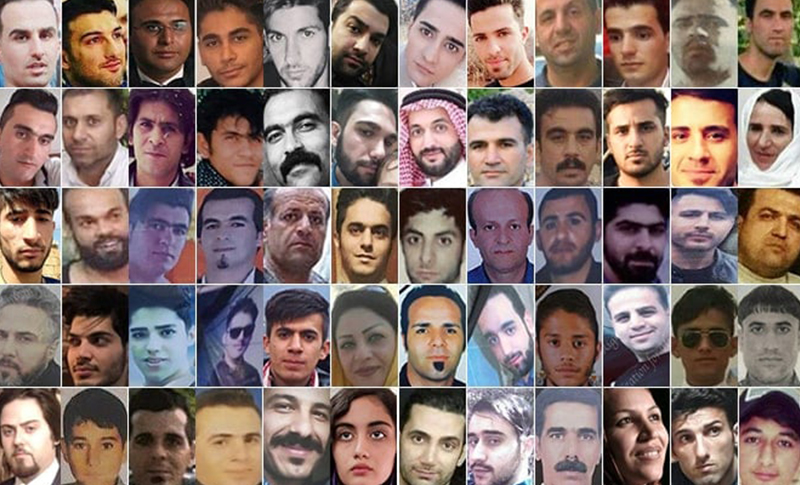
Between July 10 and 12, when Iranian expatriates host their Free Iran World Summit, the regime’s agenda will be presented in full depth for a broad international audience.
This year’s event will include gatherings of Iranian expatriates in nations all over the world, as well as statements from American and European leaders eager to comment on the UN Secretary General’s warning about the Iranian regime’s lack of accountability and impunity.

As the summit will undoubtedly illustrate if the international community fails to pay enough attention to Raisi’s history of human rights violations or apply enough pressure to the regime that saw those abuses as qualifications for the Islamic jurist’s presidential bid, impunity will be reinforced more thoroughly than ever before.
The meeting will also highlight the reality that Raisi’s promotion does not reflect the desire of the Iranian people, who massively chose to boycott elections rather than provide the theocratic dictatorship any political legitimacy.
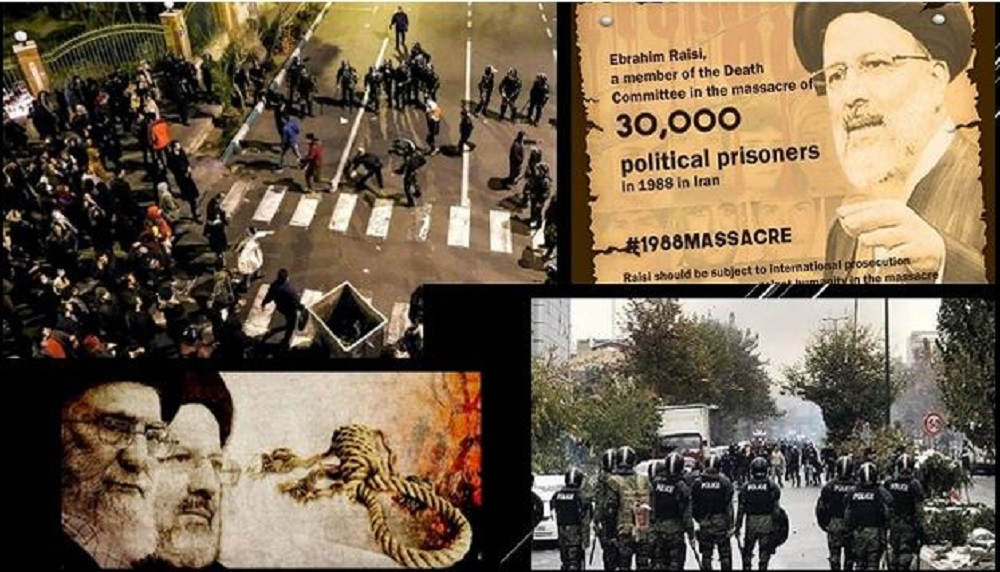
The NCRI projected in the run-up to the June 18 election that the boycott’s success would set the stage for greater public turmoil, which would be “much more intense and widespread than in previous years,” according to the coalition’s Foreign Affairs Committee Chairman Mohammad Mohaddessin.
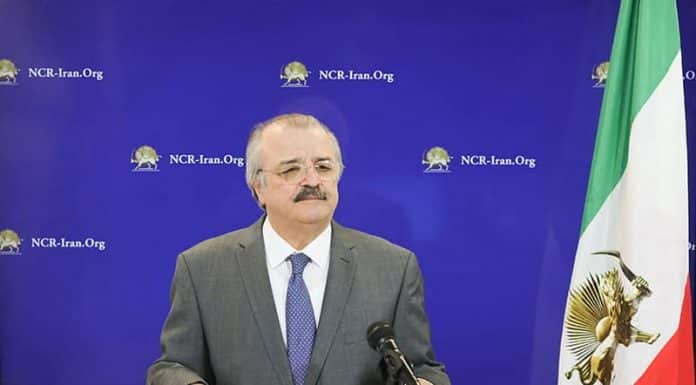
The World Summit for a Free Iran is likely to highlight all evidence for this conclusion that will surface in the coming day.
That message should be carefully considered by the international community when making decisions on Iran’s policy under the Raisi era.
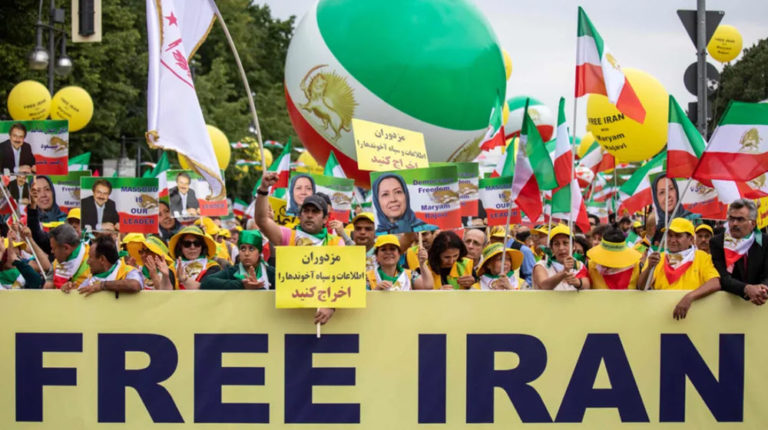
MEK Iran (follow us on Twitter and Facebook)
and People’s Mojahedin Organization of Iran – MEK IRAN – YouTube







